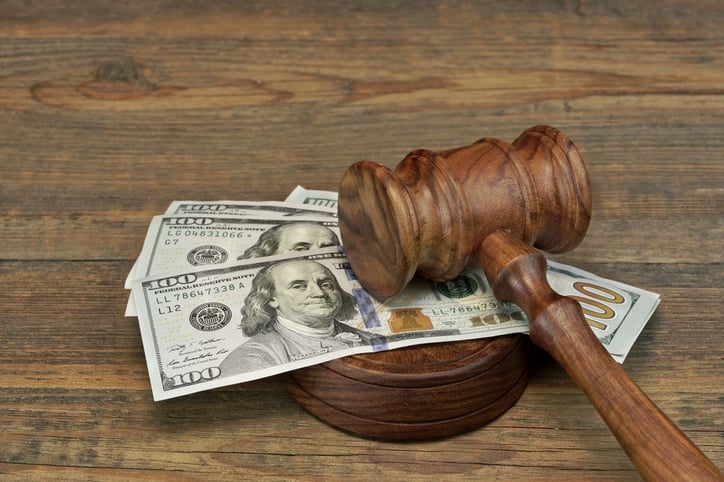
The IRS has a legal right to use extraordinary means to collect money owed to the federal government. When you forget or simply choose not to pay your tax debt, you expose yourself to these collection activities that could compromise your financial security.
However, the type of action to which you will be subjected can depend on what measure the IRS deems best for your particular tax filing situation. You can protect your finances and assets by learning about the differences between an IRS tax levy and lien.
IRS Tax Levy
A tax levy is a legal action that gives the IRS the right to claim certain properties and assets that you own. It is utilized as a last resort to collect on a tax debt that you failed to pay. For all intents and purposes, it is the same as a garnishment or a seizure of property.
The IRS can choose to place the levy on any and all applicable assets in your name. It is most often applied to:
- checking and savings accounts
- retirement accounts
- wages or salaries
- subcontractor pay
- accounts receivable
By law, the IRS cannot place a levy on certain types of assets and sources of income required by taxpayers to make a living or to sustain them during financial difficulties and illness. The assets that cannot be seized to satisfy a tax debt include:
- workers compensation
- unemployment benefits
- most household goods
- tools of your trade
IRS Tax Lien
An IRS tax lien is a legal action that places a claim against property that you own. It essentially makes that property collateral to secure payment of the debt that you owe.
It protects the asset that you own as well as any property that you intend to buy in the future. It is most often applied to real estate but can be attached to other property like equipment used in your business.
Both a tax lien and levy notify your creditors of the IRS' claim to your property and income. In some instances, the IRS will allow creditors from whom you have secured property within the last 45 days to take priority or to reclaim the asset.
Both actions must also be filed in the county and state in which you live. In most incidences, the IRS will file the notices with the county recorder or the clerk of courts.
You should note that an IRS Notice of a Federal Tax Lien is public record and published in your local newspaper. Anyone who reads the paper will discover that you have failed to pay your taxes and will soon have a lien placed against your assets. A lien will also be reported to the credit bureau and will lower your score.
A levy, however, is not a matter of public record and will not be reported to the credit bureau. While it will not affect your credit score, it will still result in the seizure or garnishment of your property and income.
Avoiding Tax Levies and Liens
Both actions can take a devastating toll on your income and the property you own. You may want to use every means to avoid a levy or a lien.
You can hire a tax professional to help you file past and current tax returns. Your tax pro can also help you discover methods that will satisfy or reduce the amount of the debt you owe to the IRS.
Depending on your situation, you can pay the tax debt in full. You also may petition the IRS for a payment arrangement that will let you make monthly payments on the debt.
If you cannot pay the entire amount, you could file an OIC, or Offer in Compromise. This method would effectively settle the debt for a lower amount while still satisfying the tax obligation.
Finally, you could ask the IRS to place your account in Currently Not Collectible, or CNC, status. CNC status as well as dismissal of the debt is reserved solely for people who suffer extreme financial hardships or other crises like a disability or death of an immediate loved one.
The IRS allows taxpayers months or even years to settle what they owe the federal government. When you fail or choose not satisfy your debt, you may be subject to an IRS levy or lien. You can avoid financial crisis and pay what you owe accordingly by learning the differences between both collection activities.




